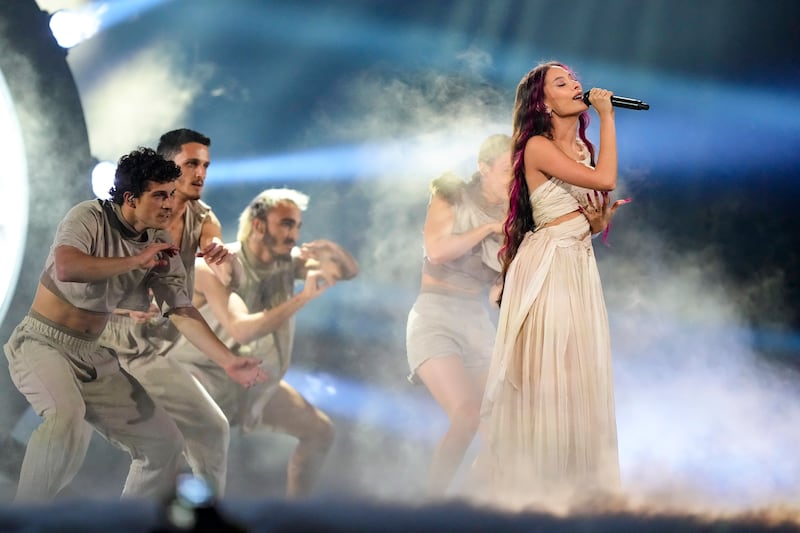Protesters calling for Ireland to boycott of the Eurovision Song Contest are set to gather outside RTÉ studios in Dublin.
Singers, musicians, artists and activists from the Irish Boycott Eurovision 2024 Coalition will stage a mini-concert at the RTÉ studios on Thursday.
Belfast-born actor Stephen Rea will read Refaat Alareer’s poem ‘If I Should Die’ during the protest over Israel’s participation in the Eurovision event in Sweden later this month.
Blues singer Mary Coughlan, Hothouse Flowers frontman Liam Ó Maonlaí, jazz chanteuse Honor Heffernan, and other musicians are also set to perform at the demonstration.
It comes after the Ireland-Palestine Solidarity Campaign has also written to RTÉ's director general Kevin Bakhurst and the RTÉ board, asking them to respect the Palestinian boycott request.
More than 16,500 Irish people have also signed a petition to RTÉ, with around 400 artists writing to Irish participant Bambie Thug requesting they refuse to perform.

In March, the Irish hopeful as well as UK entry Olly Alexander, Danish entrant Saba and other Eurovision artists released a joint statement, backing “an immediate and lasting ceasefire”, but refusing to boycott the event.
- Eurovision organisers say abuse of contestants over Israel ‘unacceptable’Opens in new window
- Israel unveil new Eurovision song after push back to previous lyricsOpens in new window
- Olly Alexander releases Eurovision 2024 song entryOpens in new window
- Graham Norton, Scott Mills and Rylan Clark to return for BBC’s Eurovision showOpens in new window
Zoe Lawlor, spokesperson for the Irish Boycott Eurovision 2024 Coalition, said: “Israel’s President Yitzhak Herzog has stated ‘it’s important for Israel to appear in Eurovision’.
“We say the opposite.
“It’s vital to exclude the genocidal apartheid state of Israel from this global cultural platform.
“Ireland has shown the way in the 1980s in exposing the crimes of apartheid South Africa.
“It can do the same now, by withdrawing its participation, and standing on the side of humanity, equality and human rights.”









